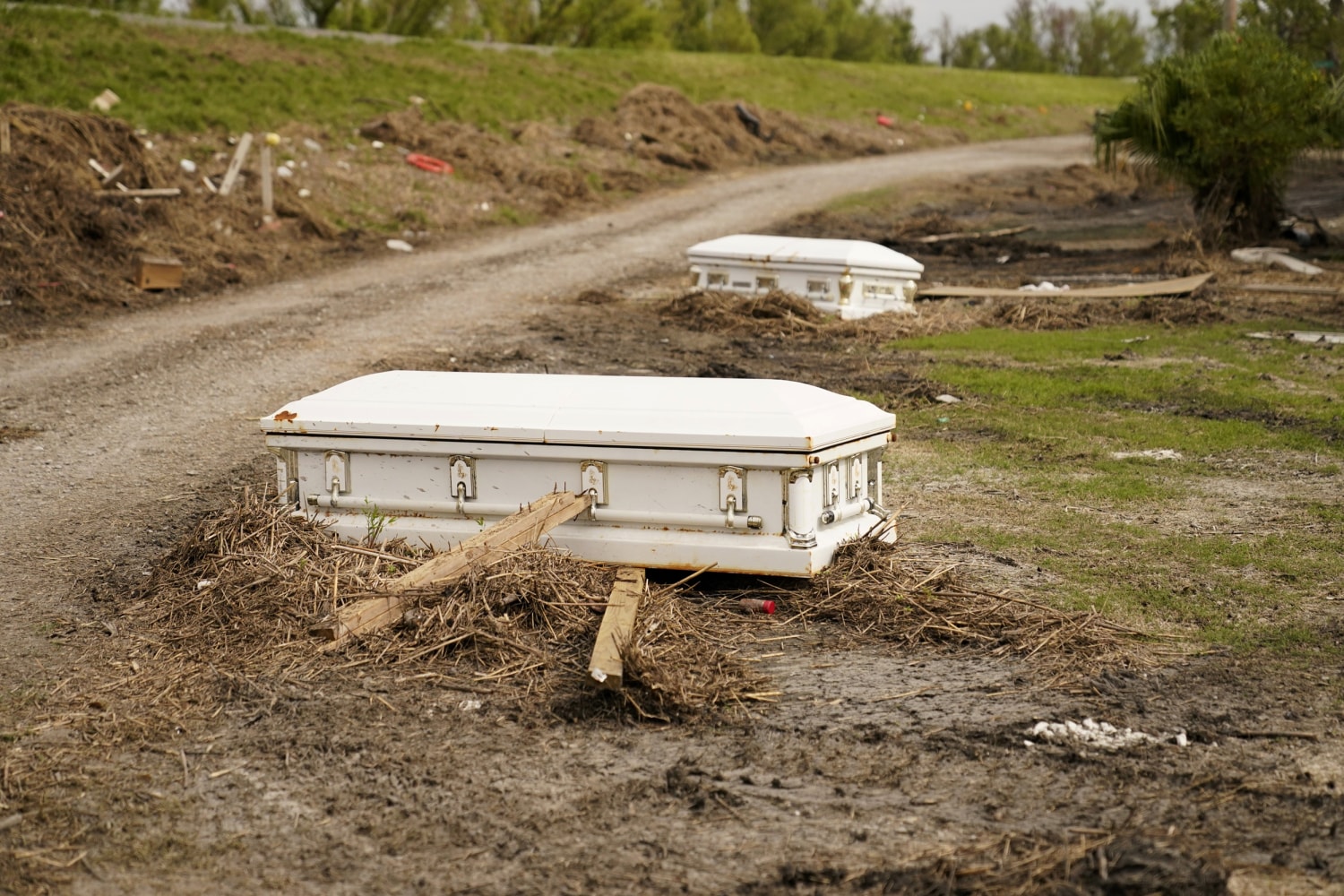When we think about the role of a casket, we often consider its function in providing a dignified and secure resting place for our loved ones. However, caskets serve another critical purpose: protecting the deceased against the forces of nature. From soil pressure to moisture, caskets are designed to withstand various natural elements to ensure the preservation of the remains and maintain the integrity of the final resting place. In this article, we delve into how strong caskets safeguard against natural forces.
The Weight of the Earth
One of the most substantial natural forces that caskets must contend with is the weight of the earth itself. Burials typically involve placing the casket in a grave and covering it with soil. The pressure exerted by the earth above can be significant, especially in areas with dense or wet soil. Strong caskets are constructed to withstand this pressure without collapsing, ensuring that the remains are protected and undisturbed.
Moisture and Decomposition
Moisture is a pervasive natural element that can impact the integrity of a casket and the remains within. Weak or poorly constructed caskets may allow moisture to infiltrate, leading to the acceleration of decomposition. Strong caskets, on the other hand, feature effective seals and protective measures that prevent moisture from compromising the contents. This is crucial for maintaining the dignity of the deceased and preserving the casket’s structural integrity over time.
Temperature Fluctuations
Extreme temperature fluctuations, whether from seasonal changes or environmental factors, can pose challenges to casket durability. Strong caskets are designed to withstand these variations, ensuring that they remain intact and stable. This is particularly important in regions with harsh weather conditions, where temperature extremes can impact the casket’s structural integrity.
Protection Against Wildlife
In some areas, the natural environment may be home to wildlife that can pose a threat to caskets. Animals like rodents or insects may attempt to access caskets, leading to potential disturbances. Strong caskets are constructed with features that deter wildlife intrusion, preserving the sanctity of the burial site and the dignity of the deceased.
Long-Term Preservation
The ability of a casket to withstand natural forces is closely tied to its long-term preservation capabilities. Strong caskets are built to endure not only the initial burial but also the test of time. They provide families with the assurance that their loved one’s final resting place will remain intact and undisturbed for years to come, creating a lasting and meaningful memorial.
Regulatory Standards
The funeral industry adheres to strict regulatory standards regarding casket construction and strength. These standards are in place to ensure the safety and dignity of the deceased. When families choose strong caskets that meet or exceed these regulations, they can trust that their loved one is provided with the utmost protection against natural forces.
Conclusion
Strong caskets are more than just vessels for the deceased; they are guardians against the forces of nature. They are carefully crafted to withstand the weight of the earth, protect against moisture, endure temperature fluctuations, and deter wildlife intrusion. When choosing a casket, considering its strength is not just a matter of practicality but also a gesture of respect and care for the memory of your loved one. Strong caskets offer peace of mind, ensuring that the final resting place remains a dignified and undisturbed tribute to a life well-lived.
